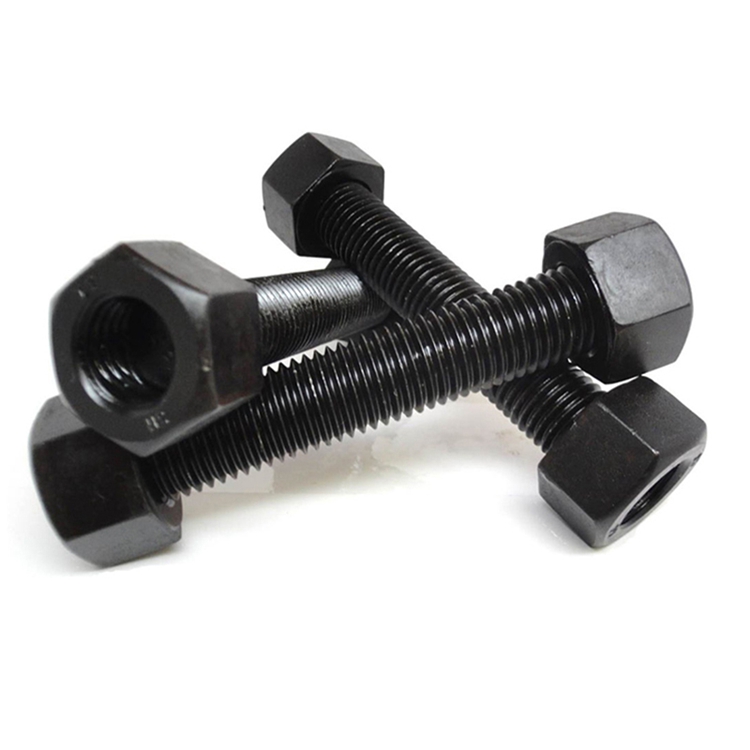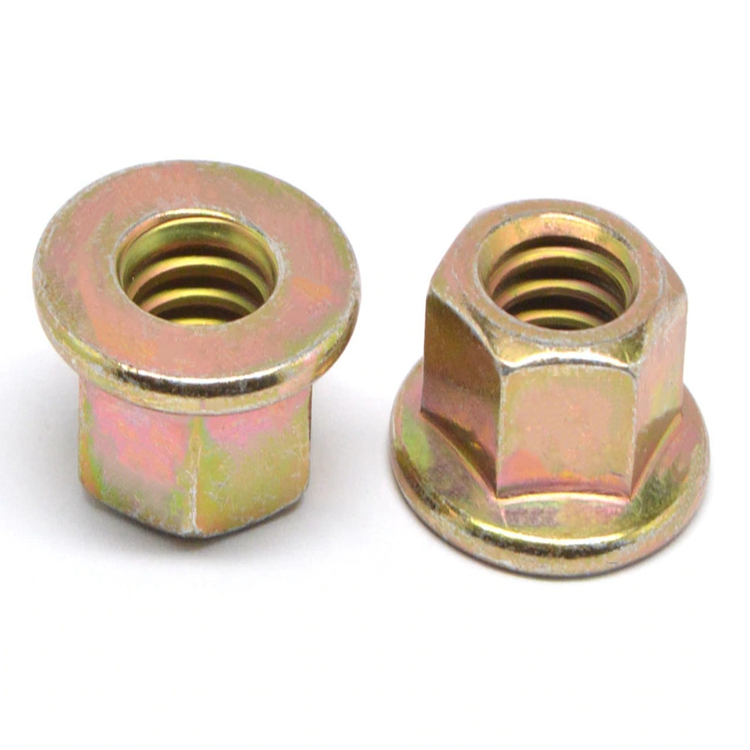furniture bolts
ມ.ກ. . 22, 2025 01:49 Back to list
furniture bolts
Furniture bolts, often overlooked, are an essential component in the construction and durability of furniture. Their role is crucial in ensuring the integrity of various pieces, from luxurious dining tables to essential shelving units. Delving into the intricacies of furniture bolt types, materials, and their applications can enlighten both consumers and manufacturers on making informed decisions that bolster furniture longevity and performance.
Material selection for furniture bolts is equally important, affecting both performance and longevity. Stainless steel bolts are renowned for their resistance to rust and corrosion, a vital characteristic for outdoor furniture exposed to the elements. Conversely, zinc-coated bolts provide an economic alternative without compromising strength and are well-suited for indoor applications. Brass bolts, while less common, offer a unique aesthetic and are typically reserved for furniture pieces that prioritize design without sacrificing functionality. Precision in manufacturing and material choice is pivotal, especially as consumer demand shifts towards sustainable and eco-friendly options. Furniture manufacturers are increasingly opting for bolts made from recycled materials, a practice that not only supports environmental sustainability but also aligns with consumer values. As manufacturers and designers strive for innovation, the integration of smart technologies in furniture assembly, including the use of intelligent bolts that monitor tension and structural integrity, is on the horizon. Choosing the right furniture bolt is not solely a technical decision but an investment in quality and longevity. For manufacturers, ensuring that bolts align with the specific requirements of the furniture is a testament to expertise and an assurance of customer satisfaction. For consumers, understanding the function and value of bolts in furniture can guide more informed purchases, reinforcing trust in the manufacturers and products they choose. Authoritative guidance on selecting the appropriate furniture bolt encourages best practices across the industry. Recognizing the importance of these components is essential, not only to meet the functional needs of furniture but to enhance user experience and satisfaction. As with any component, ongoing innovation and adherence to quality standards in the production of furniture bolts remain pertinent for advancing the furniture industry. By embracing a comprehensive understanding of furniture bolts' roles, brands and users alike can benefit from improved product offerings and greater trust. As the furniture landscape evolves, the seemingly minor yet vital furniture bolt continues to play a significant role behind the scenes, ensuring that modern furniture meets the growing demands for both style and substance.


Material selection for furniture bolts is equally important, affecting both performance and longevity. Stainless steel bolts are renowned for their resistance to rust and corrosion, a vital characteristic for outdoor furniture exposed to the elements. Conversely, zinc-coated bolts provide an economic alternative without compromising strength and are well-suited for indoor applications. Brass bolts, while less common, offer a unique aesthetic and are typically reserved for furniture pieces that prioritize design without sacrificing functionality. Precision in manufacturing and material choice is pivotal, especially as consumer demand shifts towards sustainable and eco-friendly options. Furniture manufacturers are increasingly opting for bolts made from recycled materials, a practice that not only supports environmental sustainability but also aligns with consumer values. As manufacturers and designers strive for innovation, the integration of smart technologies in furniture assembly, including the use of intelligent bolts that monitor tension and structural integrity, is on the horizon. Choosing the right furniture bolt is not solely a technical decision but an investment in quality and longevity. For manufacturers, ensuring that bolts align with the specific requirements of the furniture is a testament to expertise and an assurance of customer satisfaction. For consumers, understanding the function and value of bolts in furniture can guide more informed purchases, reinforcing trust in the manufacturers and products they choose. Authoritative guidance on selecting the appropriate furniture bolt encourages best practices across the industry. Recognizing the importance of these components is essential, not only to meet the functional needs of furniture but to enhance user experience and satisfaction. As with any component, ongoing innovation and adherence to quality standards in the production of furniture bolts remain pertinent for advancing the furniture industry. By embracing a comprehensive understanding of furniture bolts' roles, brands and users alike can benefit from improved product offerings and greater trust. As the furniture landscape evolves, the seemingly minor yet vital furniture bolt continues to play a significant role behind the scenes, ensuring that modern furniture meets the growing demands for both style and substance.
Next:
Latest news
-
High-Quality Bolts for Lawn Mower Handle Supplier & Manufacturer
NewsAug.21,2025
-
Reliable Axle Nuts Supplier | High-Quality Automotive Parts
NewsAug.19,2025
-
Premium Wire Bolts Suppliers | Durable & Reliable Fasteners
NewsAug.18,2025
-
Leading Metric Wood Screw Companies & Manufacturers
NewsAug.17,2025
-
Top Wire Bolts Suppliers - Quality & Durable Fasteners
NewsAug.15,2025
-
Trusted Wire Bolts Company | Quality Fasteners Supplier
NewsAug.14,2025
